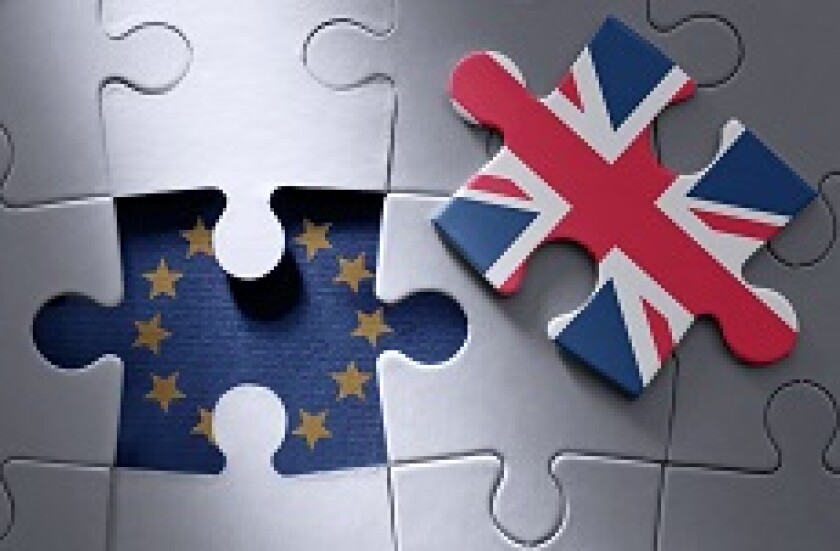There is a movement which has quietly been gathering steam among UK MPs, which would see the UK retain access to the single market through membership of both the European Economic Area and the European Free Trade Association.
The strategy, often called ‘Norway for now’, was designed to be temporary holding spot on the route to a more comprehensive free trade deal along the lines of the CETA treaty relationship with Canada.
That strategy was given short thrift by some EFTA members, like Norway, who dismissed the notion that the UK could temporarily join the EEA while trying to negotiate a better deal outside of the EEA.
So many in that campaign, notably its original champion Nick Boles, are now dropping the ‘for now’ part of the strategy and are pushing for a more simple Norway-style relationship without a time limit.
Given the relative ease of exiting the EEA, a notice period of merely one year is required for withdrawal, the UK could commit to the EEA and still in the future consider its position, should a more preferable alternative present itself.
For the City the advantages of such a scheme are clear. Financial services would no longer be separated from the overall Brexit deal and the future relationship between the UK and EU would be locked down in an already existing treaty. The EU and UK would not be able to just withdraw market access on 30 days’ notice, as they could with any deal based on the EU's concept of 'equivalence'.
UK and European banks would retain passporting rights into each other’s markets, the UK would continue to adhere to common regulation when trading within the EEA but could strike trade deals around the world as well, given it would not be in a customs union.
The Irish border issue would still exist, but be simpler, given both jurisdictions would be in the single market.
The UK would also have more of a say in new regulation, than it would under the terms laid out in the withdrawal agreement, given that the EFTA submits comment to the EU on new regulatory proposals and has its own court.
Adopting this approach doesn’t mean the UK parliament would have to reject the withdrawal agreement, risking a no-deal Brexit. An EFTA/EEA solution is possible after the UK signs the withdrawal agreement and as it negotiates its future relationship.
Some have even suggested that the British parliament could slightly amend the non-binding political declaration within the withdrawal text, to state clearly that this would be the UK’s objective in future relationship negotiations.
Such an approach may even help the parliamentary arithmetic, with the potential for support among the Scottish National Party, soft-Brexit Conservatives, and much of the opposition Labour party.
The City needs to add its voice firmly to this debate.
It can do this by engaging with dedicated advocacy groups such promoting this issue, such as efta4uk. Or banks can approach MPs like Boles, who is a well-connected ally of Michael Gove, who have championed a single market deal for the UK after the EU — several MPs on the Labour side of the house have also advocated for this option, including Stephen Kinnock.
The vague nod to equivalence is not enough for one of the UK’s most important industries and with a better option on shelf and ready to go; the City must say so.

